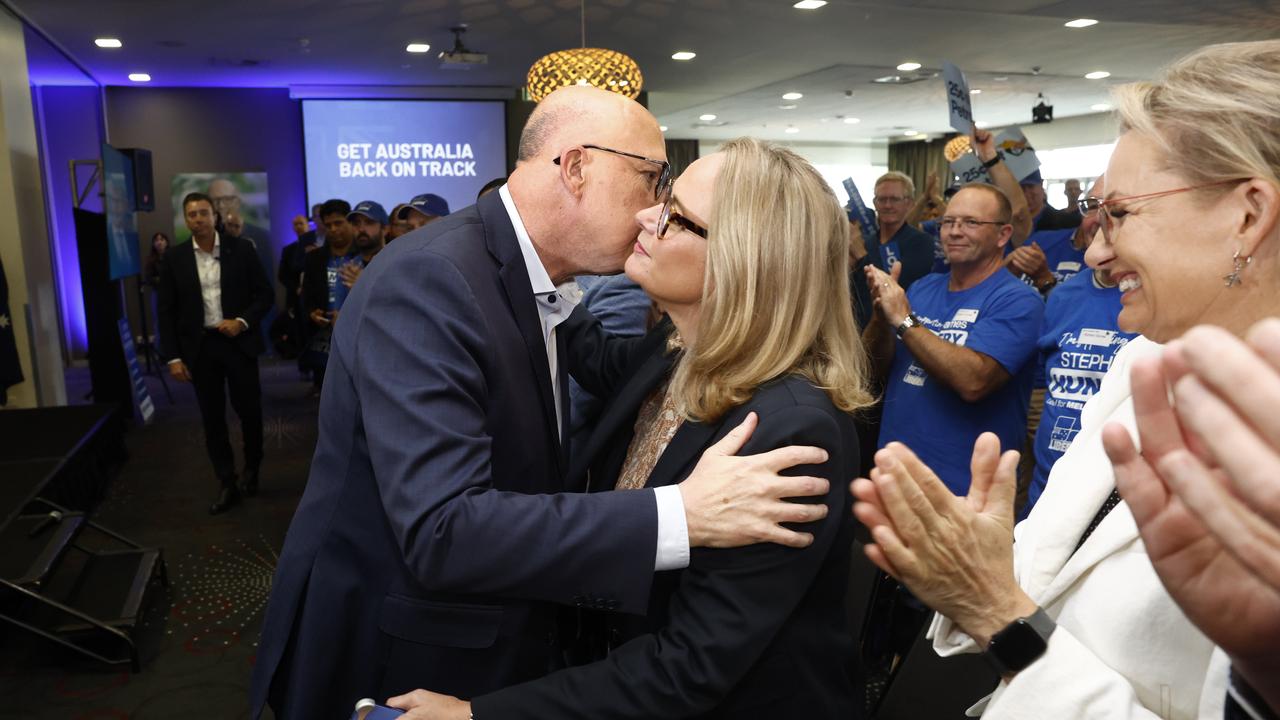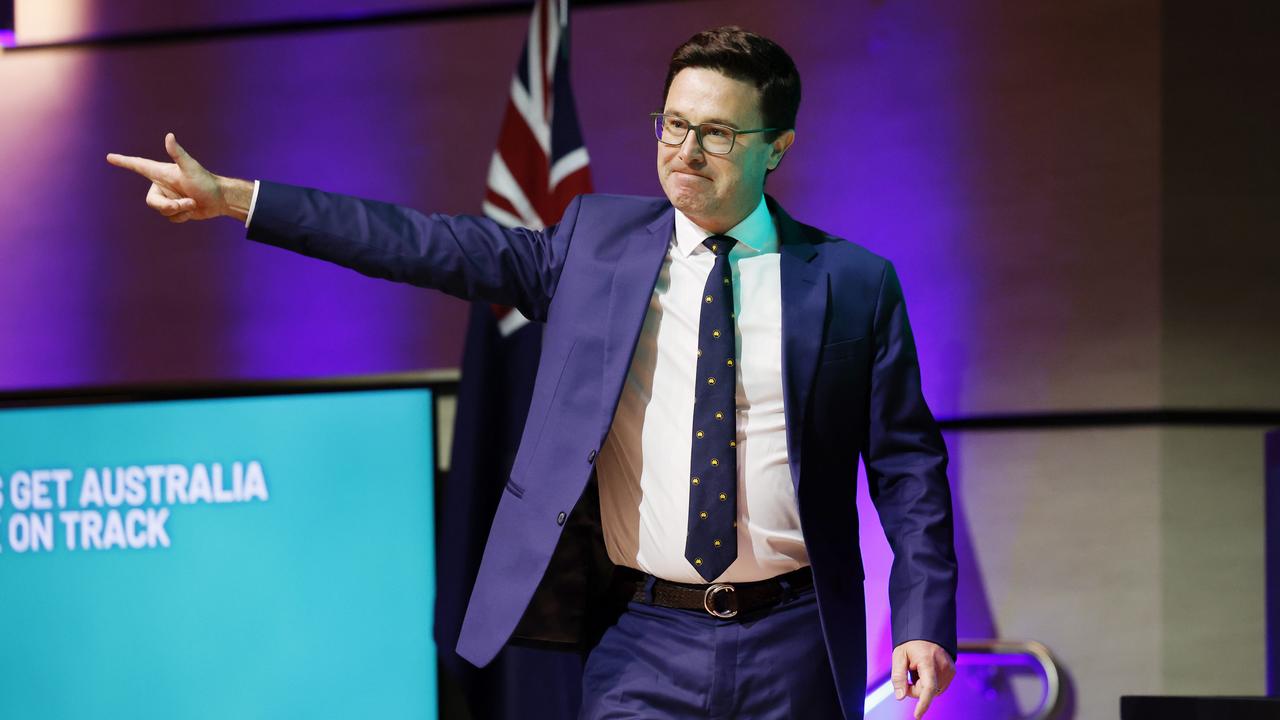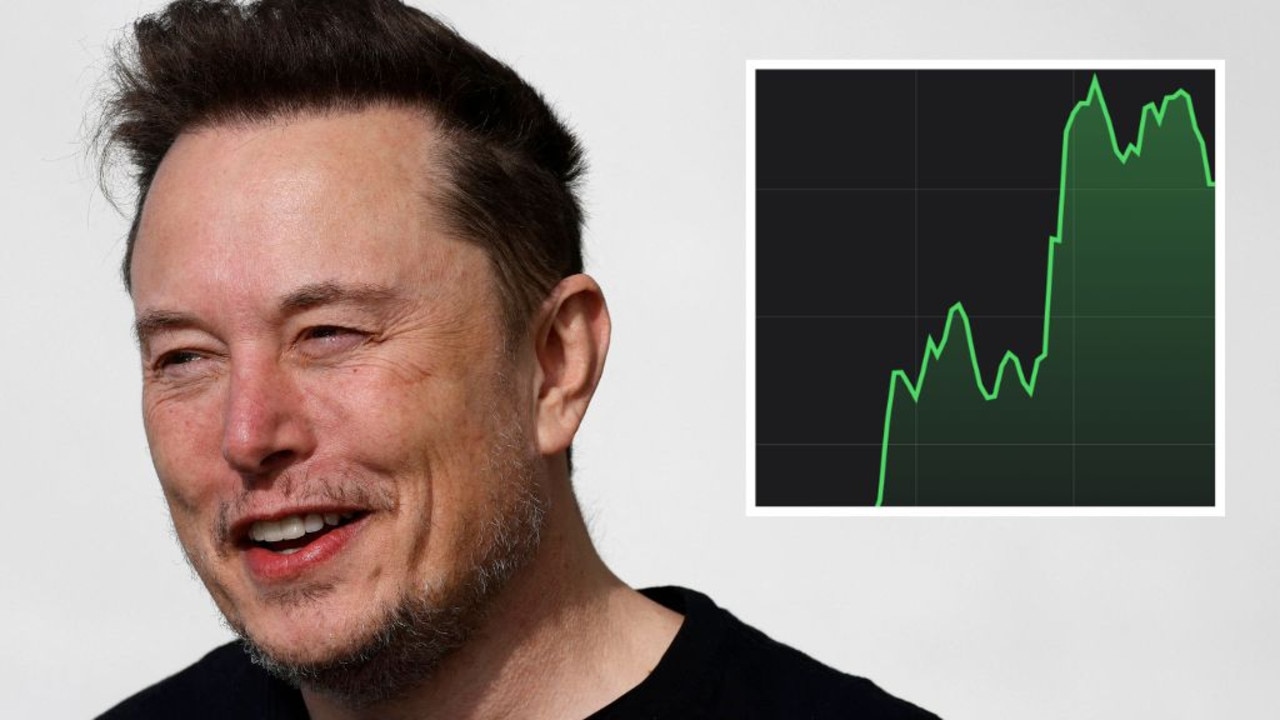Kim Jong-un’s clever move
KIM Jong-un may be a dictator, but he is still a millennial. These are the masterful techniques he uses to keep the world guessing.
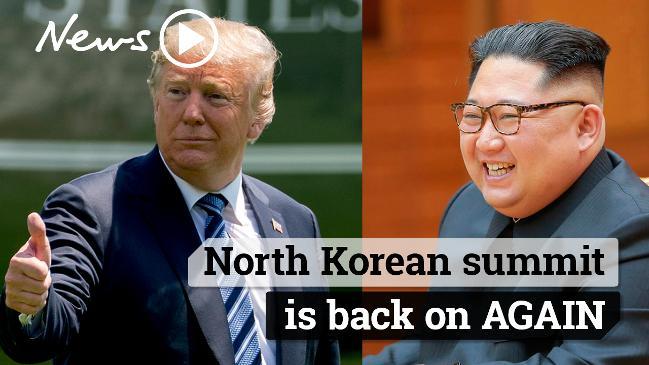
KIM Jong-un is a character us in the West both fear and are fascinated by. But North Koreans have grown to love their leader, who is the third generation of Kims to lead the country. Below is an edited extract from North Korea: The Country We Love to Hate, giving us new insights into the secretive state.
*****
KIM Jong-un was parachuted into power in 2011 by the sudden death of his father, Kim Jong-il. Since then, the young Kim has attempted to merge the past with the future in order to lead the nation through a problematic present. This is not an easy task. Using the instruments of propaganda and economic innovation, Kim Jong-un has embarked on a masterplan to strengthen his legitimacy, proving to the people that he is fulfilling the same role as his
grandfather, Kim Il-sung — in other words, that he is their sole protector.
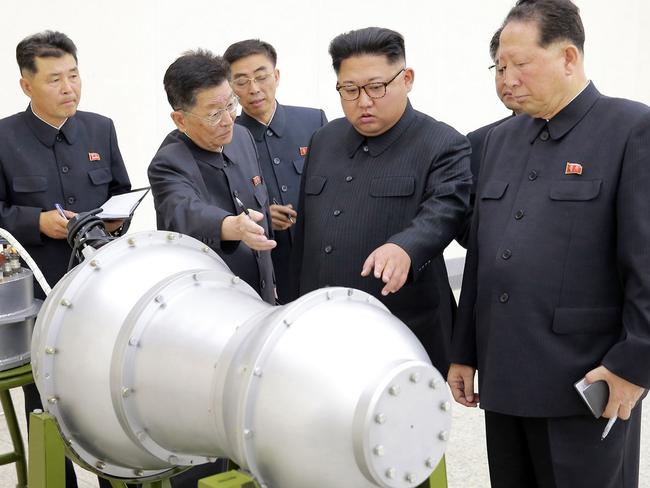
Brushing aside the harsh memories of his father’s ruling — from the famine of the late 1990s to the corruption of the elites — Kim has been reconnecting North Koreans with their glorious past: the long struggle of the war of independence, the birth of the new nation and the reconstruction after the Korean War.
He is boosting the nation’s pride. To speed this up, he has played on his physical resemblance to his grandfather. He has cut his hair in the same style and gained some weight, he dresses in a similar fashion and he even walks and laughs as Kim Il-sung did. This is a smart move.
Veneration for the founder of the nation is genuine among the majority of North Koreans and the trick of presenting himself as the physical reincarnation of Kim Il-sung has boosted the popularity of the new leader, who was relatively unknown just seven years ago.
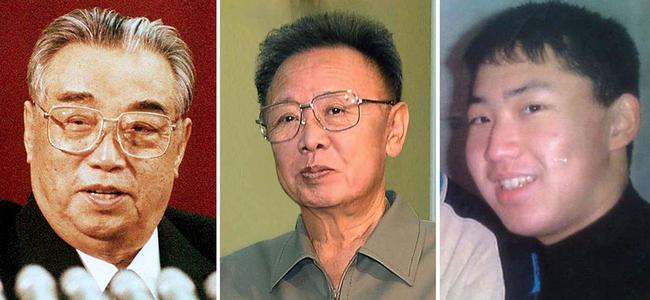
Putting aside these clever techniques to consolidate his power, Kim Jong-un has a distinctive vision of the world, different from his grandfather’s and his father’s. Unlike Kim Il-sung who fought colonialism or Kim Jong-il who grew up during the Cold War, Kim Jong-un is a millennial and understands the meaning of globalisation.
He knows it will be harder and harder to keep the world at bay, while also sensing that relying on the traditional Cold War dichotomy, so dear to his grandfather and father, could backfire. To survive, the country needs to grow economically; this has been his message since the beginning.
Economic modernisation is indeed taking place in North Korea, but in a different fashion to that experienced in other totalitarian Asian countries, such as China. North Korea does not have a clear plan of economic modernisation. On the contrary, Kim Jong-un has shown a high degree of tolerance for the liberalisation of the economy, leaving this process in the hands of the people.
Perhaps this is intentional as the central government could clamp down on informal markets at any time. More likely, this sort of laissez-faire approach constitutes a form of juche economics (where North Korea will be self-reliant). North Korea has never truly relied on central planning, as the Soviet Union or China did, and has always shown a degree of uncertainty about the future, which has provided it has the necessary flexibility to survive major crises, such as the implosion of the Soviet Union. This is an important point.
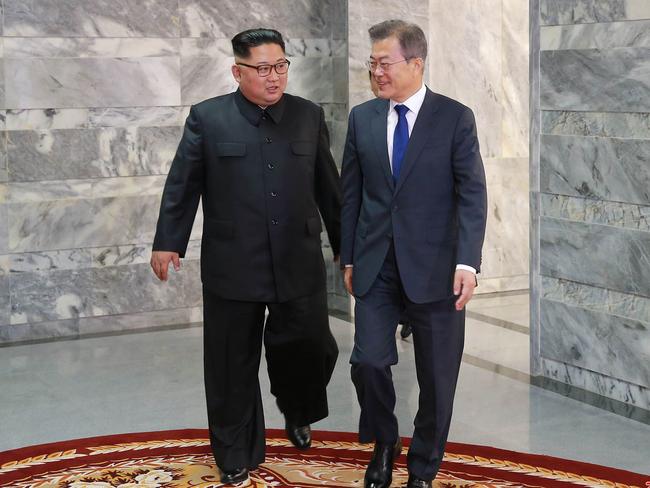
The geopolitics of the globalised world are profoundly different from those of the colonial era and of the Cold War, with multipolarity replacing the classic dichotomy of the second half of the twentieth century (there are no longer two clear world leaders). Born in the early 1980s, Kim Jong-un witnessed this transformation while growing up. That North Korea has at its helm someone who understands and accepts this new reality, coupled with the built-in flexibility of the North Korean system, is a distinct advantage.
Kim Jong-un, the millennial, has accelerated the nuclear program, investing in it heavily and dismissing as a deterrent the regular army, which he considers weak and somehow obsolete. The verbal confrontations with Donald Trump, Shinzo Abe and the South Koreans
are pure propaganda. Kim Jong-un has no intention of bombing anybody, but he does want to prove that he could.
Of course, as always in history, the final outcome will depend on variables that nobody can fully predict, Donald Trump being one of those, but it looks increasingly likely that The Democratic People’s Republic of Korea will succeed in becoming a nuclear power despite breaking all the rules, as Pakistan did.
At that point the only way to contain it will be to welcome Pyongyang into the nuclear club of nations. This membership will guarantee the survival of the regime in the near future. China, the regional and world giant on the northern border, is not hostile to this development. And this is what really matters.
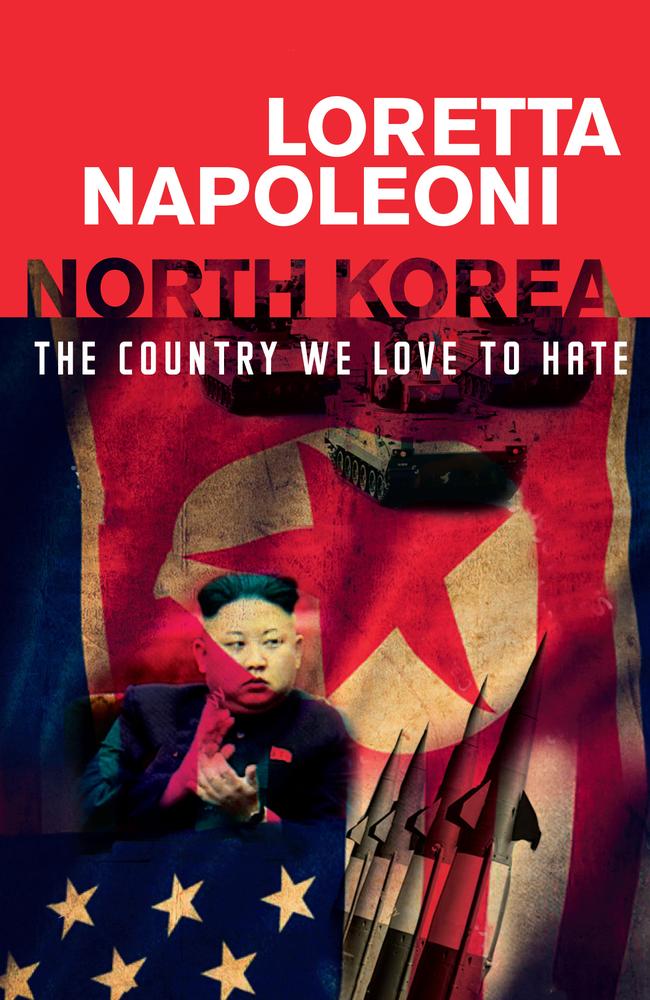
North Korea: the country we love to hate. UWA Publishing $19.99

